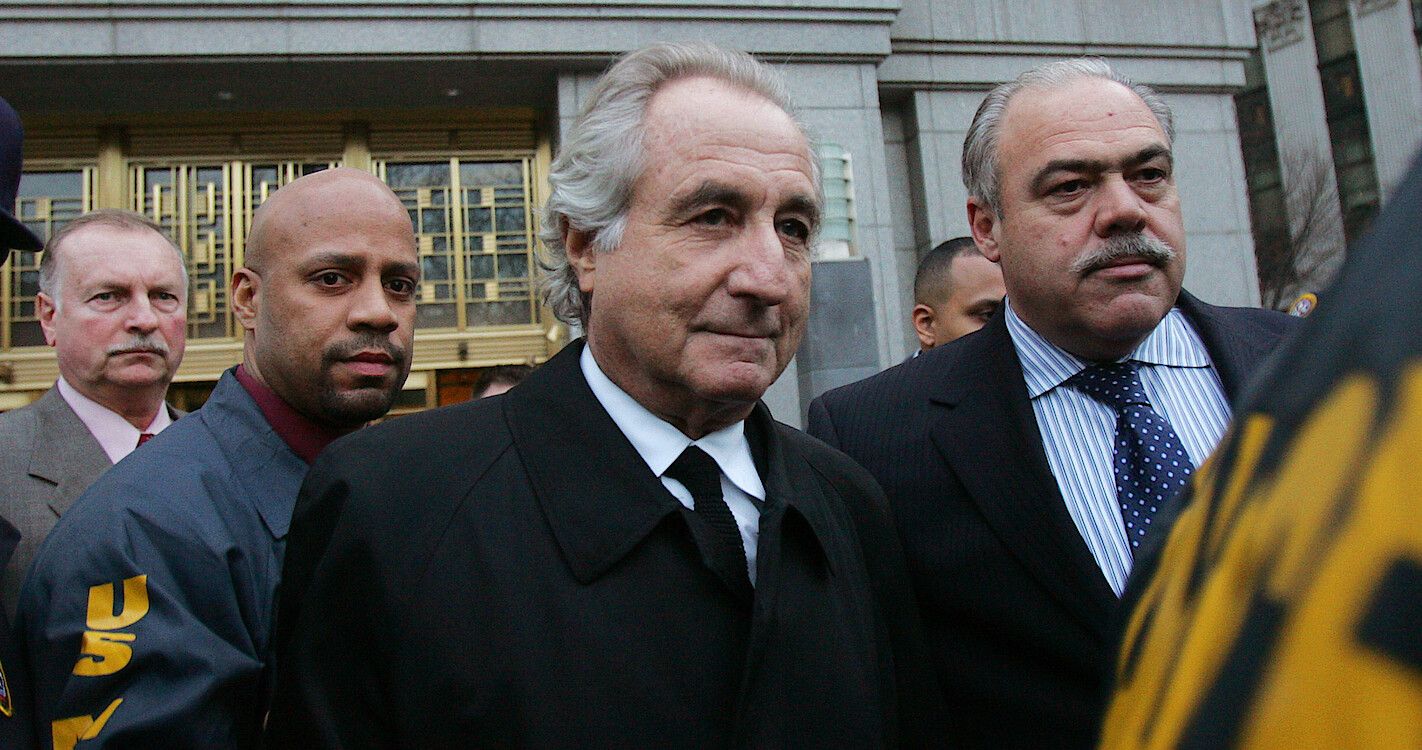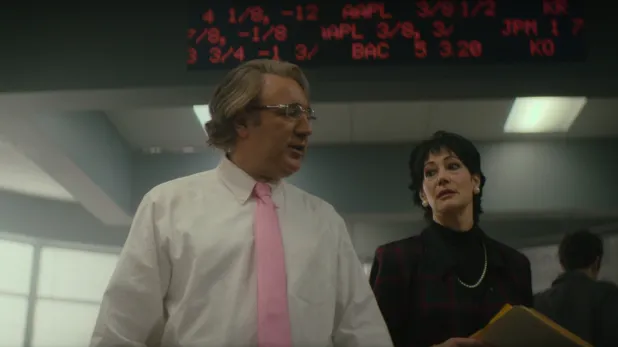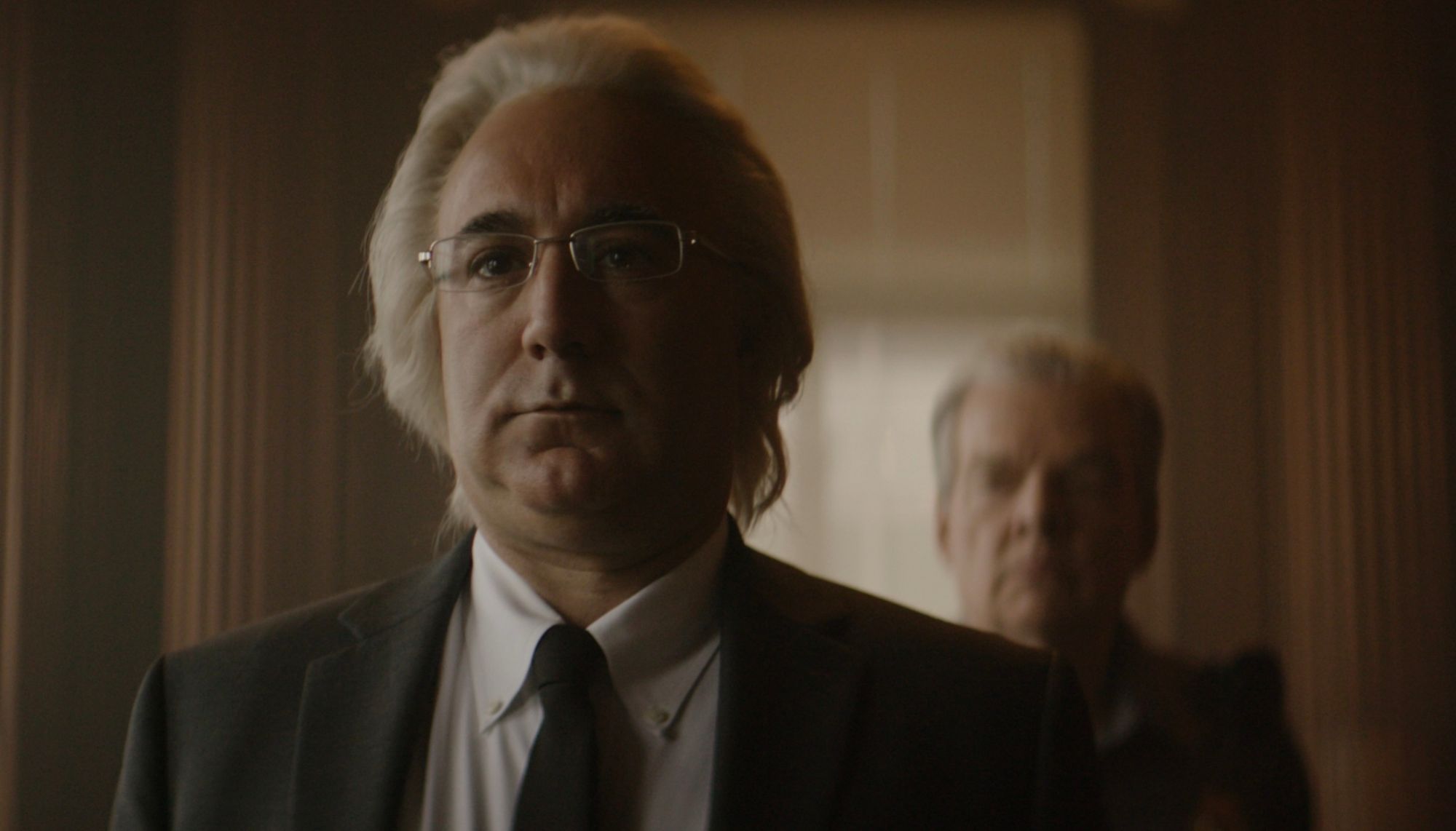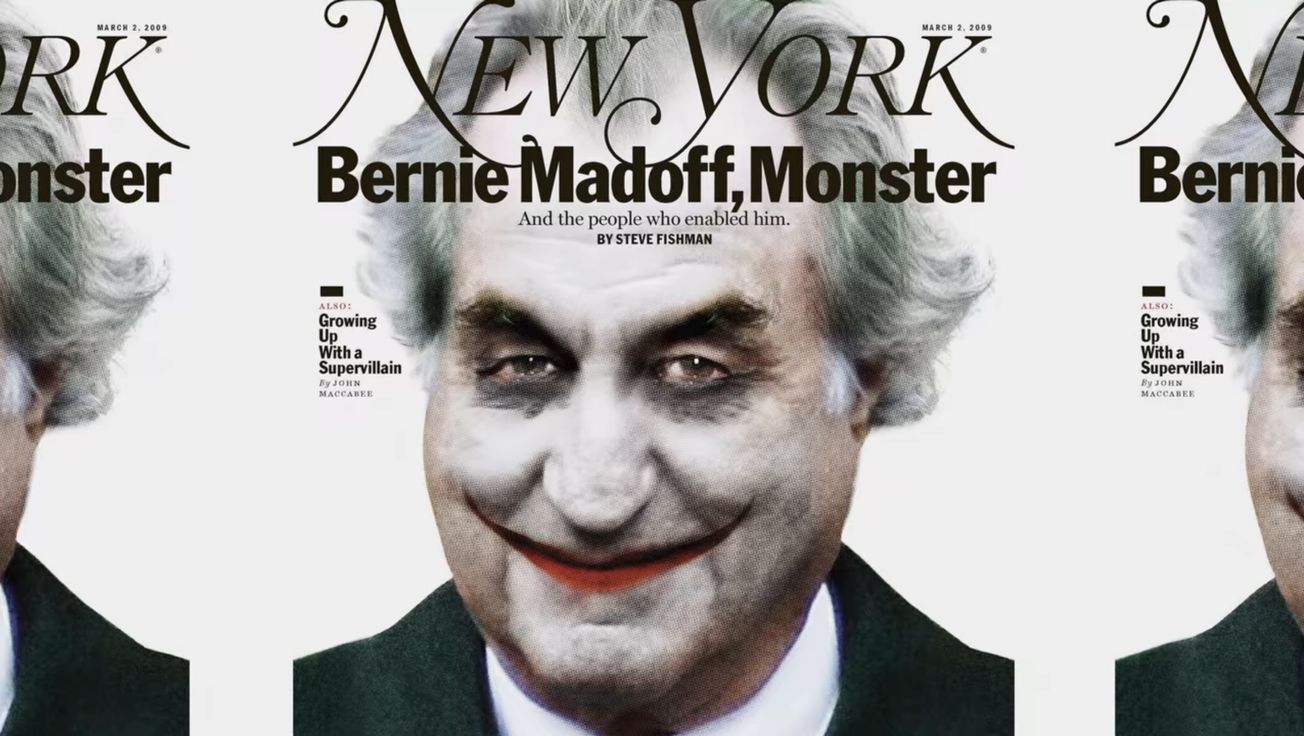By Milan Perera, Arts Critic Columnist
From the outset, one may be forgiven to think that Bernie Madoff was a man after Gordon Gekko’s heart who exemplified Gekko's credo of “Greed is good”, but the enormity of his crimes and the disarming callousness with which he committed them would make Gordon Gekko look like John Travolta from Grease (1978).
This four-part Netflix docuseries by Joe Berlinger moves at a breakneck speed like a Hollywood thriller or a novel penned by Jeffrey Archer, but there is no thrill to realise that Bernie Madoff, the once undisputed monarch of the Wall Street left a $64 billion black hole in the financial system taking down countless hapless victims who trusted him with their wealth.

On most occasions, it was his acquaintances who trusted him with their life savings and pension funds who consequently faced financial shipwreck by losing everything, including the roofs over their heads.
The question which keeps cropping up in theological forums right from the time of Augustine is about the nature of ‘Evil’. Can someone be purely evil? It appears so when it comes to Bernie Madoff.
None of the contributors who spoke in the docuseries claimed that Madoff was a flawed individual but an overall decent human being. There were smatterings of charm and kindness on Madoff’s part as he personally arranged honeymoon getaways for his employees who worked in the pristine office complexes in Manhattan.

Every move had to be calculated and precise, even the angle of the telephone or the computer. If they were an inch askew, Madoff had no issue adjusting them with unruffled calmness. No photographs or souvenirs on desks, for they would prove distractions.
It was a cathedral for finance where employees were devoted to the cause and made to feel that they were part of something greater than themselves. Appearances can be extremely misleading.
Two floors down the 19th floor of the Lipstick Building, it was another business. What was on the 19th floor was a façade to the biggest Ponzi scheme in history. Here on the 17th floor, in dimly-lit offices, working-class high school graduates were groomed into working for Madoff’s illegal trading empire. This was the hub of Madoff’s financial power, founded during the early years of his trading in the 1970s.

The callousness of Madoff is talked about repeatedly as Rabbi Leonid Feldman posed the question: “Did people trust him more because he was Jewish?”. The short answer is yes. He preyed upon the Jewish community in Palm Beach, Florida.
There were tearful testimonies from people who were made homeless and lost entire retirement plans. But Berlinger’s tone throughout the series was “How” rather than “Why”, which stopped it from veering into the realms of misery-porn.

There is no dispute on the culpability of Madoff, who was handed down a 150 year prison sentence, but Berlinger highlights the troubling complicity and total apathy of the financial regulators who allowed Madoff to be morphed into a monster.
There were multiple complaints on the bogus nature of the Madoff trading empire, notably from Harry Markopolos, who had the temerity to utter the damning pronouncement, “The Emperor has no clothes!”
The Securities and Exchange Commission(SEC) bears the brunt of the blame for complicity, along with JP Morgan Chase, who never raised an eyebrow at the spurious cash flow. The latter agreed to pay $2 billion to settle the charges admitting it knowingly ignored evidence of Madoff’s wrongdoings.

Then, there is a tragic element to the whole saga as well, where after his death while in prison, his family (to whom Madoff was devoted) refused to receive his ashes. As it so happens, they still remain with Madoff’s lawyer.
One of his sons, Mark, committed suicide on the second anniversary of his father's arrest. Madoff’s other son, Andrew, died from cancer at 48, which was largely blamed on the stress caused by the whole affair. Madoff’s sister and her husband were found dead in what appeared to be a murder-suicide incident last year.
As in a tragedy, this four-part docuseries takes the audience on a cathartic journey through the experiences and sufferings of the characters, which would fill them with a pearl of cynic wisdom about the futility of it all.
This sentiment is perfectly captured by the following passage of Aeschylus on the death of the despot Agamemnon, “Even in our sleep, pain which cannot forget falls drop by drop upon the heart, until, in our own despair, against our will, comes wisdom through the awful grace of god.”
Featured Image: IMDB
What did you think of Netflix's depiction of Bernie Madoff's story?







